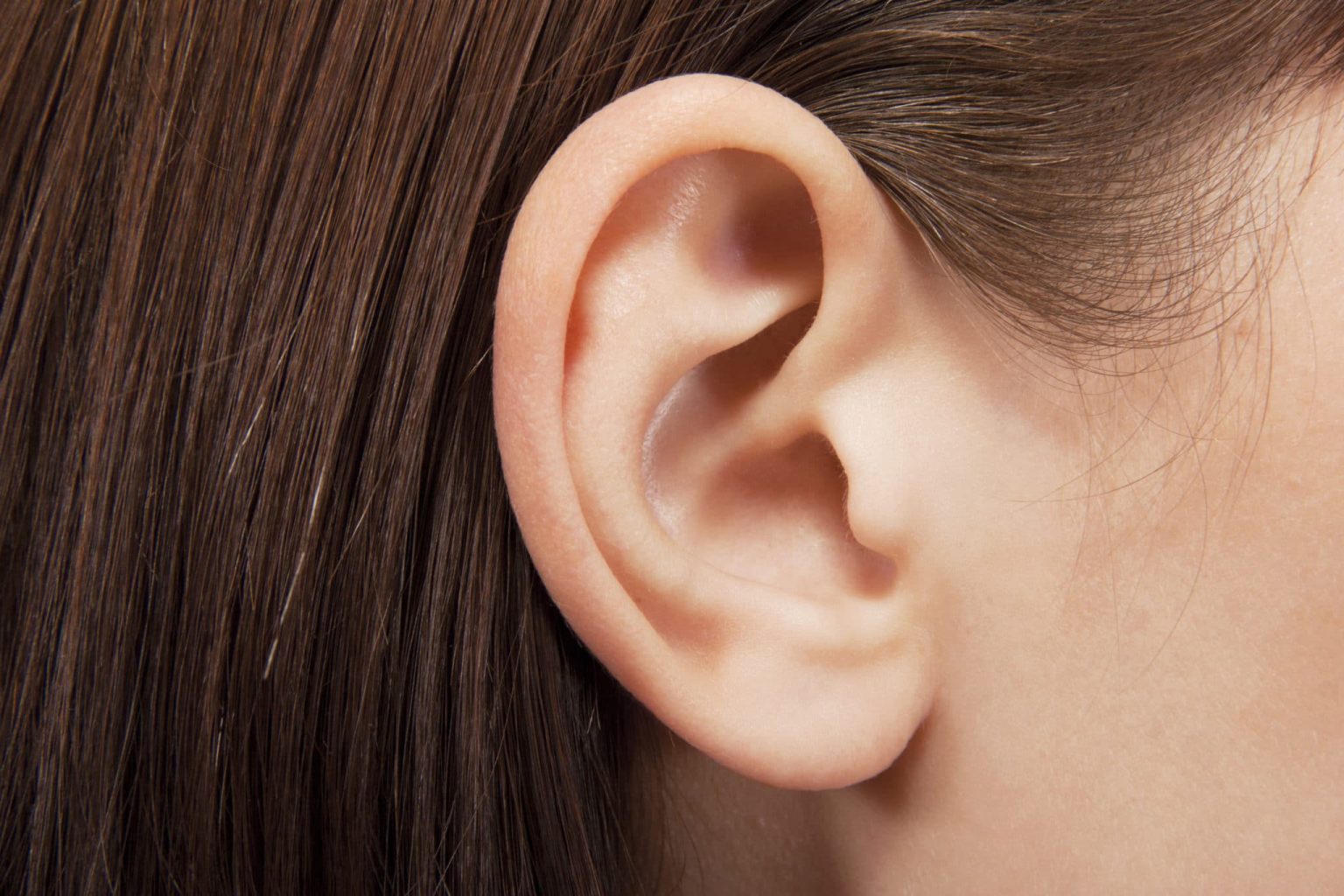Whether caused by a congenital abnormality or an accident later in life, a defect in your ear structure can be a source of stress. Ear surgery can improve the shape, position and proportion of your ears. Along with increased self-esteem, these procedures may help you hear better.
Our doctors at Collin County ENT will work with you to determine which type of ear surgery will best fit your needs.
Types of Ear Reconstruction Surgery

Common reasons for ear surgery include:
- Microtia repair, which is a congenital condition where the child’s outer ear is small, malformed or nonexistent. Sugary may include creating a new ear from the person’s own tissue or building a prosthetic ear.
- Changing the shape, position or size of the ears with otoplasty.
- Ear defect repair from cancer surgery, burns, lacerations or torn piercings.
How Is Ear Surgery Performed?
Prior to surgery, your doctor will take time to thoroughly explain the procedure and answer any questions you may have.
Reconstructive Ear Surgery
Reconstructive ear surgery is usually performed in stages over several months.
- Stage One: Healthy cartilage is removed from the patient’s ribs and placed in a pouch of skin beneath the damaged ear.
- Stage Two: A new earlobe is created.
- Stage Three: A skin graft is added to the earlobe and cartilage frame, which is lifted from the side of the head.
- Stage Four: An ear canal is fashioned from the center of the cartilage frame.
Otoplasty
Otoplasty typically takes two hours on average. During the procedure, incisions are made on the back of the ears or within the ear’s inner creases. Your cosmetic surgeon will remove excess cartilage and skin, then fold and stitch the cartilage into position.
What Can I Expect After Ear Surgery?
Your recovery process will depend on the extent of the surgery. You’ll typically have bandages covering your ears for a few days. When they come off, your ears will likely be swollen and red.
Be sure to keep pressure off your ears as you recover. If you sleep on your side, you’ll need to avoid doing so for the next few weeks. Elastic headbands, like the ones worn by swimmers, can be used to protect your ears while sleeping.
The decision to have ear surgery can be significant, which is why our team is here to support you throughout this process.